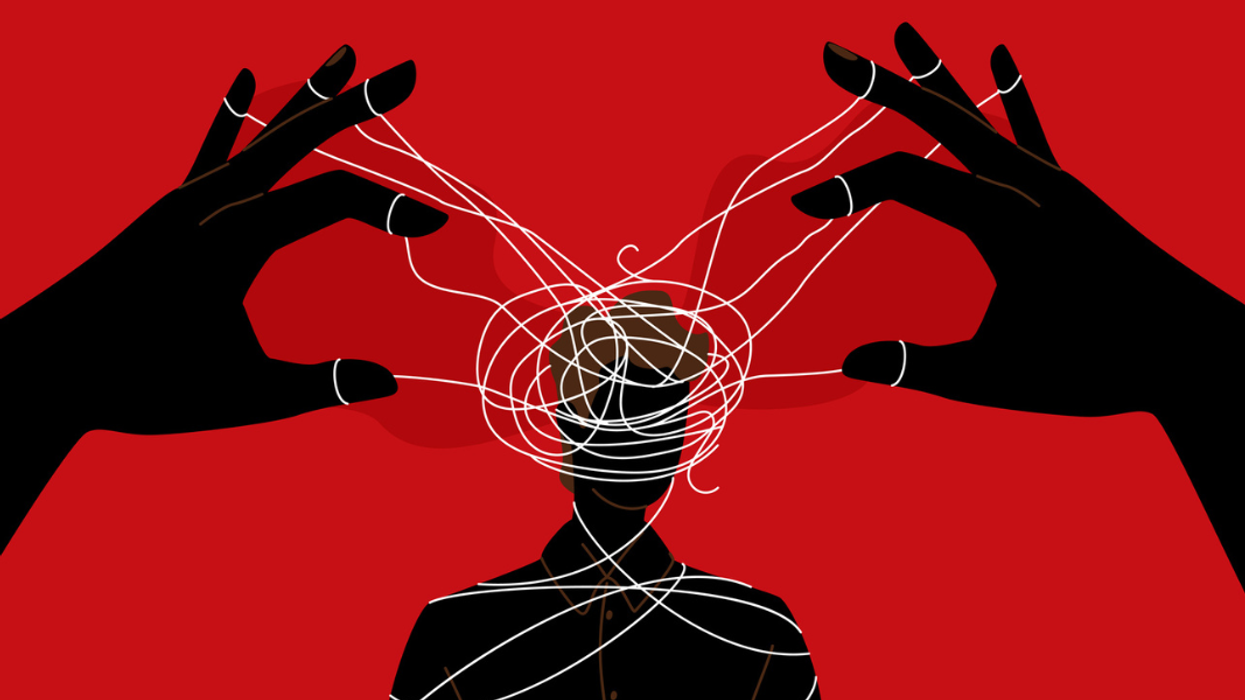Jamison is a retired attorney who writes on military affairs and other issues.
Following Joseph Stalin’s March 1953 death, Marshal Giorgi Zhukov, the brilliant leading Soviet general in the defeat of Germany in World War II, waited nervously in secret with other Soviet senior officers in the room next to where the meeting of the Presidium was in progress at the Kremlin in June 1953. Zhukov and the others knew that if Lavrentiy Beria ’s Kremlin guards discovered them, they would be killed.
The marshal was in league with Nikita Khrushchev, then a high-ranking party official. The future Soviet premier enlisted the regular army’s support for his conspiracy with other leaders to prevent Beria, the longtime head of an army of secret police, state security troops, and the Kremlin Guard, from taking power.
Beria had tortured Soviet officers in the 1930s to make false accusations against other officers. This in turn led Stalin to purge and kill senior Soviet officers, the shortage of which nearly lost the War in 1941. Crueler than Stalin, Beria cruised the streets of Moscow with his guards to abduct, rape and sometimes murder girls.
Beria expected the Presidium meeting to cement his succession. To ensure this, he moved some of his security forces into Moscow. Great stealth would be essential to overcome the forces that Beria controlled.
Zhukov and his colleagues were secretly whisked into the Kremlin under the noses of Beria’s troops. The conspirators then kept the officers concealed in the adjoining room, where they awaited a secret signal to enter the Presidium meeting room.
At the right moment in the Presidium meeting, the signal brought Zhukov into the room to arrest a stunned Beria. Without stirring his guards, Beria was immediately removed from the Kremlin, his buttons cut from his pants so that he had to hold them up with his hands, hindering any attempt to run. Beria was later tried by a special court, found guilty of treason, terrorism and counter-revolutionary activities and sentenced to death. Zhukov’s forces corralled the spy chief’s troops; Khrushchev was now in position to become party leader.
This is how power transitioned in the Soviet Union. Unless the Russian people and sufficient forces in the military break from the country’s long history of autocracy and successfully establish a Western-style democracy, it will also likely be how power transitions when Putin is either removed or dies.
Putin has a personal Kremlin Guard, controls the Presidential Security Service, and maintains a hold on the FSB, which is akin to the security forces that Beria controlled.
The Russian Army (lacking a general of the caliber of Zhukov) is another power center. Then there are the 50,000 some-odd troops of the Wagner Group, which recently made worldwide headlines for its abortive mutiny. Conspiracy, violence and murder can likely be expected as the leaders of these forces vie for succession.
Nearly 250 years ago, America’s founders were intimately familiar with the murderous history of dictatorships up to their time. Their studies of Rome’s greatest politician, Cicero, and of the collapse of the Republic in the first century B.C., heavily influenced the Constitution’s design.
Cicero waged a long futile effort to preserve and improve the constitution of the Roman Republic. He sought to reform the excessive number of checks and balances in that constitution that hindered effective government. The deadlocks and confusion under that constitution were instrumental in the Roman Republic’s descent into chaos, violence, Cicero’s murder and dictatorship.
The American Constitution was designed to minimize the risk of the kinds of violent power transfers that would later become the norm in the Soviet Union. James Madison defined tyranny as the executive, legislative, and judicial powers all being in the hands of one person or group. In creating three branches of government — legislative, executive and judicial — to curb one another’s power, the U.S. Constitution lays out the optimal combination of checks and balances that are supposed to prevent tyranny but not throttle effective government. They also limited the terms of the president and members of Congress and required them regularly to face the voters. Fundamentally, the armed forces was placed under the control of a civilian president, but the military’s oath is to the American Constitution, not to one person. George Washington cemented the tradition of peaceful transitions of power when he declined a third term and graciously greeted John Adams on inauguration day.
America’s founders knew that this was an experiment. It depended on and still depends on compromise and unity, which if lost can lead to deadlock, chaos and collapse.
In his 1796 Farewell Address, Washington cautioned: “Let me now … warn you in the most solemn manner against the baneful effects of the spirit of party, …The alternate domination of one faction over another, sharpened by the spirit of revenge natural to party dissension, which in different ages and countries has perpetrated the most horrid enormities, is itself a frightful despotism. But this leads at length to a more formal and permanent despotism. The disorders and miseries which result gradually incline the minds of men to seek security and repose in the absolute power of an individual; and sooner or later the chief of some prevailing faction, more able or more fortunate than his competitors, turns this disposition to the purposes of his own elevation on the ruins of public liberty.”
Americans who would accept dictatorship do not know history and their own government. The scourge of dictatorship must never stain America.
The oath of the American military to the Constitution, not to a person, is essential to help prevent the rise of a dictator “on the ruins of public liberty.”
This writing was originally published in on July 12, 2023 in the Military History Now.




















Trump & Hegseth gave Mark Kelly a huge 2028 gift